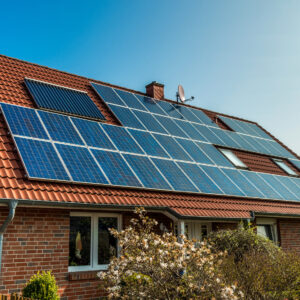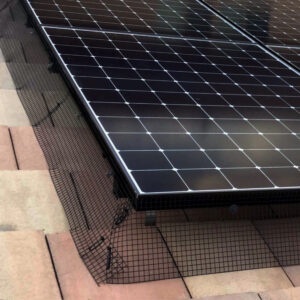Solar panels and solar PV systems are terms often used in discussions about solar energy, but they refer to different elements of a solar energy project. Solar PV panels play a crucial role in capturing sunlight and converting it into electricity, highlighting their efficiency and environmental benefits.
Solar Panels
Solar panels are individual units of solar cells, usually silicon, that capture sunlight to convert it into direct current (DC) electricity. They are the primary building blocks of any solar project but insufficiently provide electrical power. When considering the best solar panel options, you look at these individual units.
Solar PV Systems
Solar PV systems, on the other hand, refer to a complete setup that allows you to generate, store, and use solar energy. These systems go beyond just solar panels to include:
- Solar Inverter: This device converts the DC electricity from the panels into alternating current (AC), making it usable for homes and businesses.
- Mounting Hardware: This includes the racks and structures that hold the solar panels at the proper angle, either on your roof or the ground.
- Electrical Circuitry: This includes the wiring that connects all the components.
- Battery Storage (Optional): Allows storing excess electricity for later use.
- Monitoring Systems: These provide real-time information on the performance of your solar PV system.
So, when you decide to install solar panels, remember investing in a comprehensive solar PV system designed to provide an end-to-end solution for your solar energy needs.

